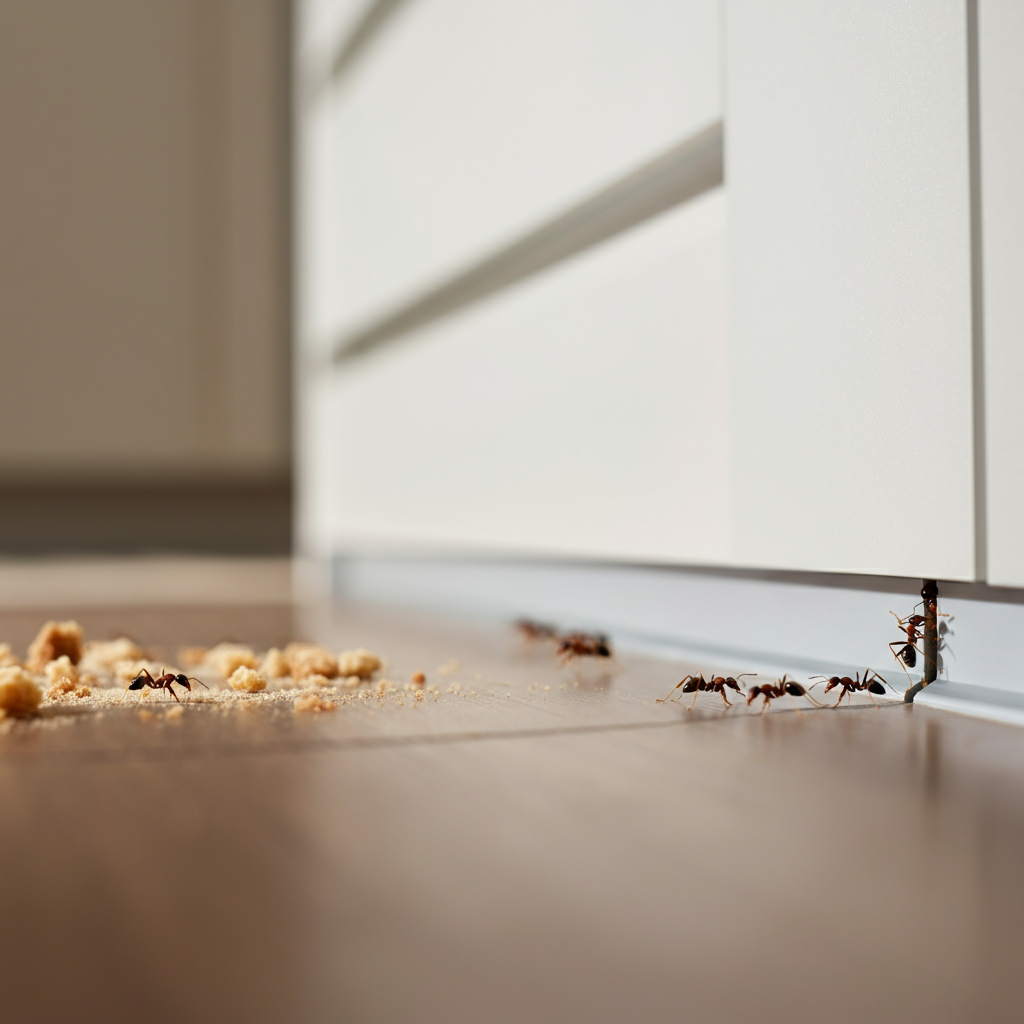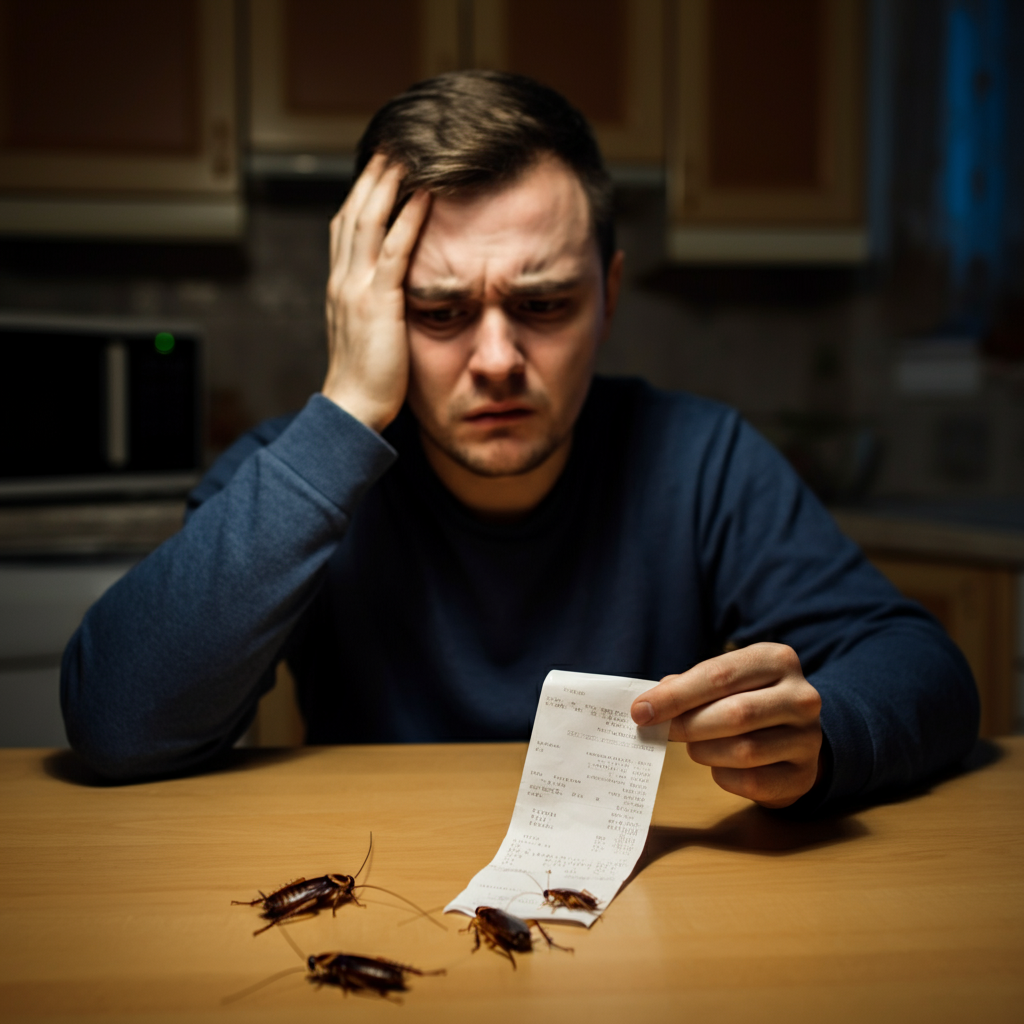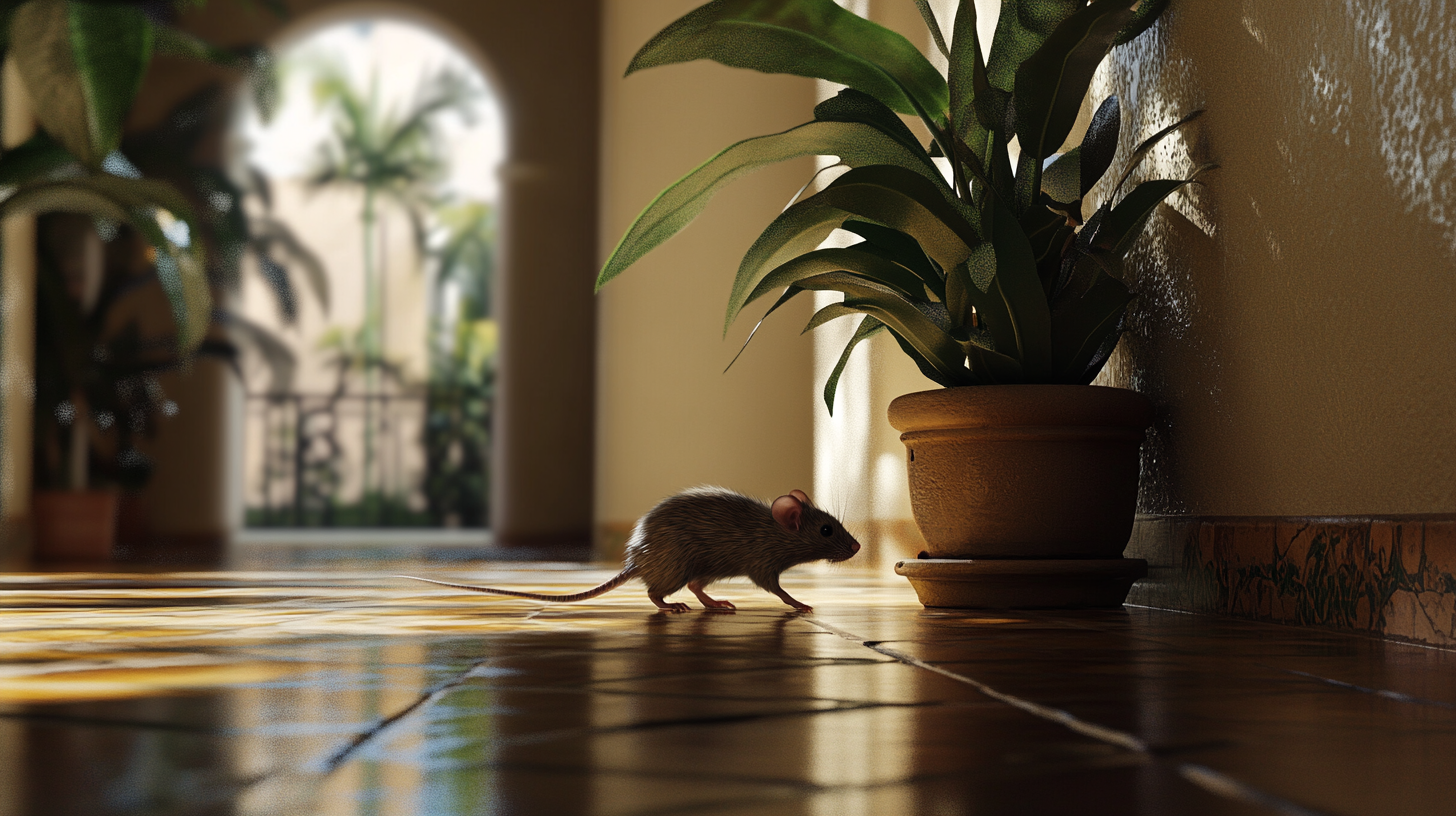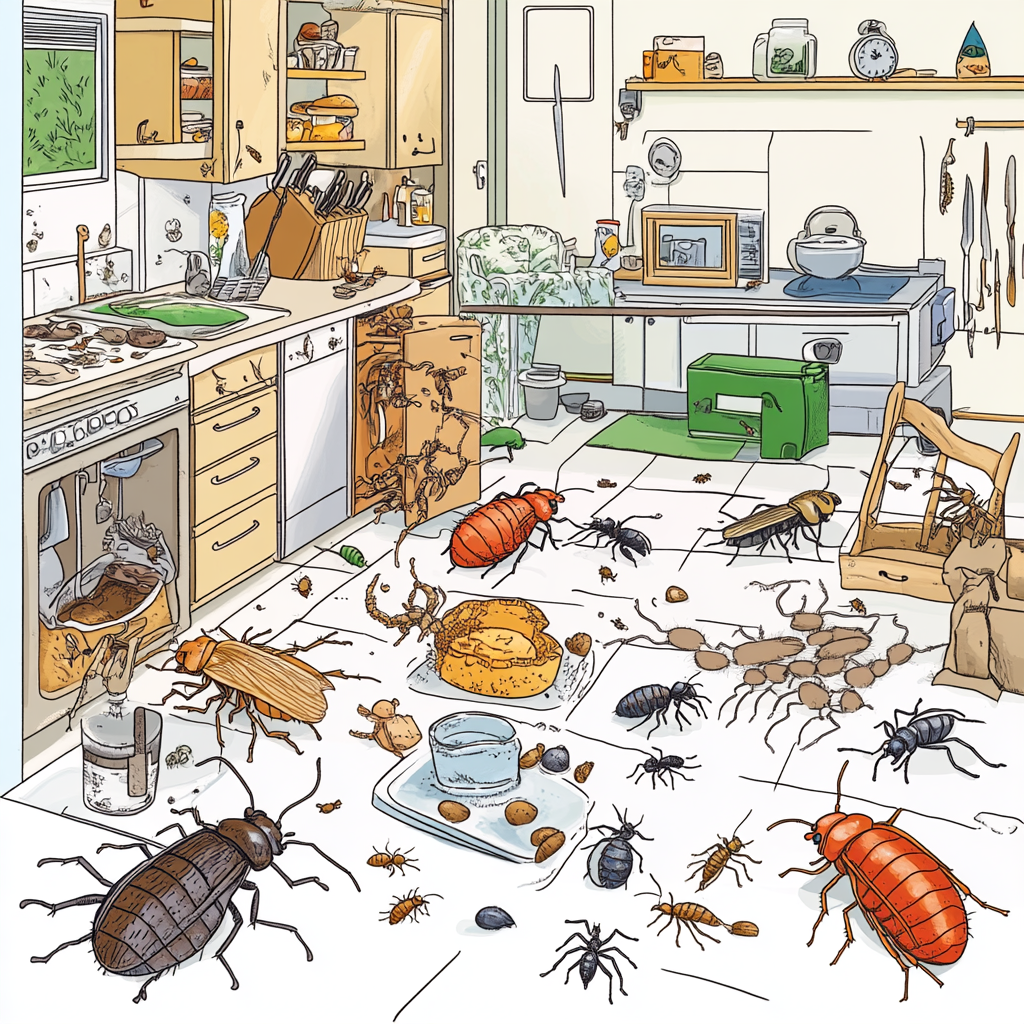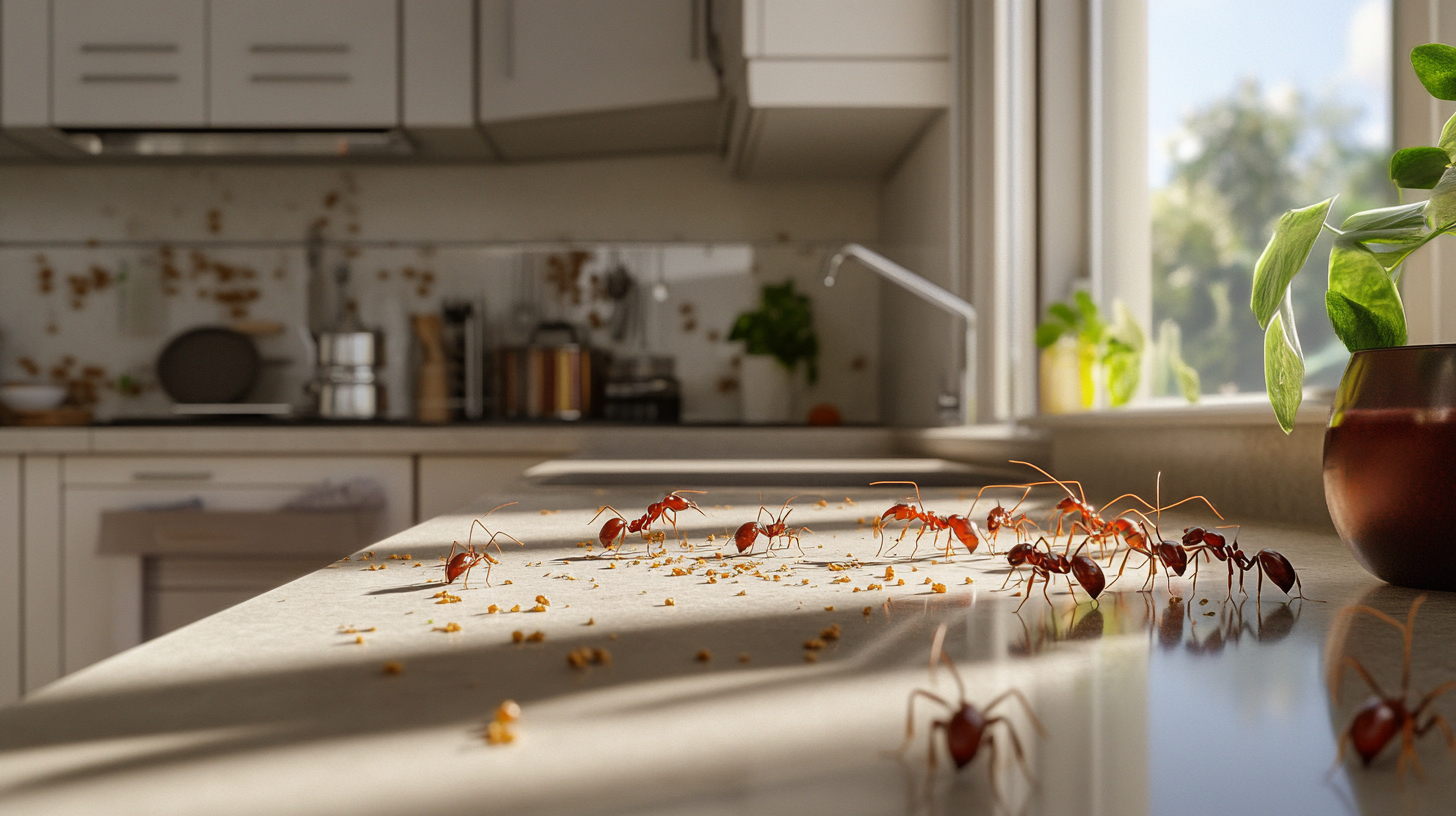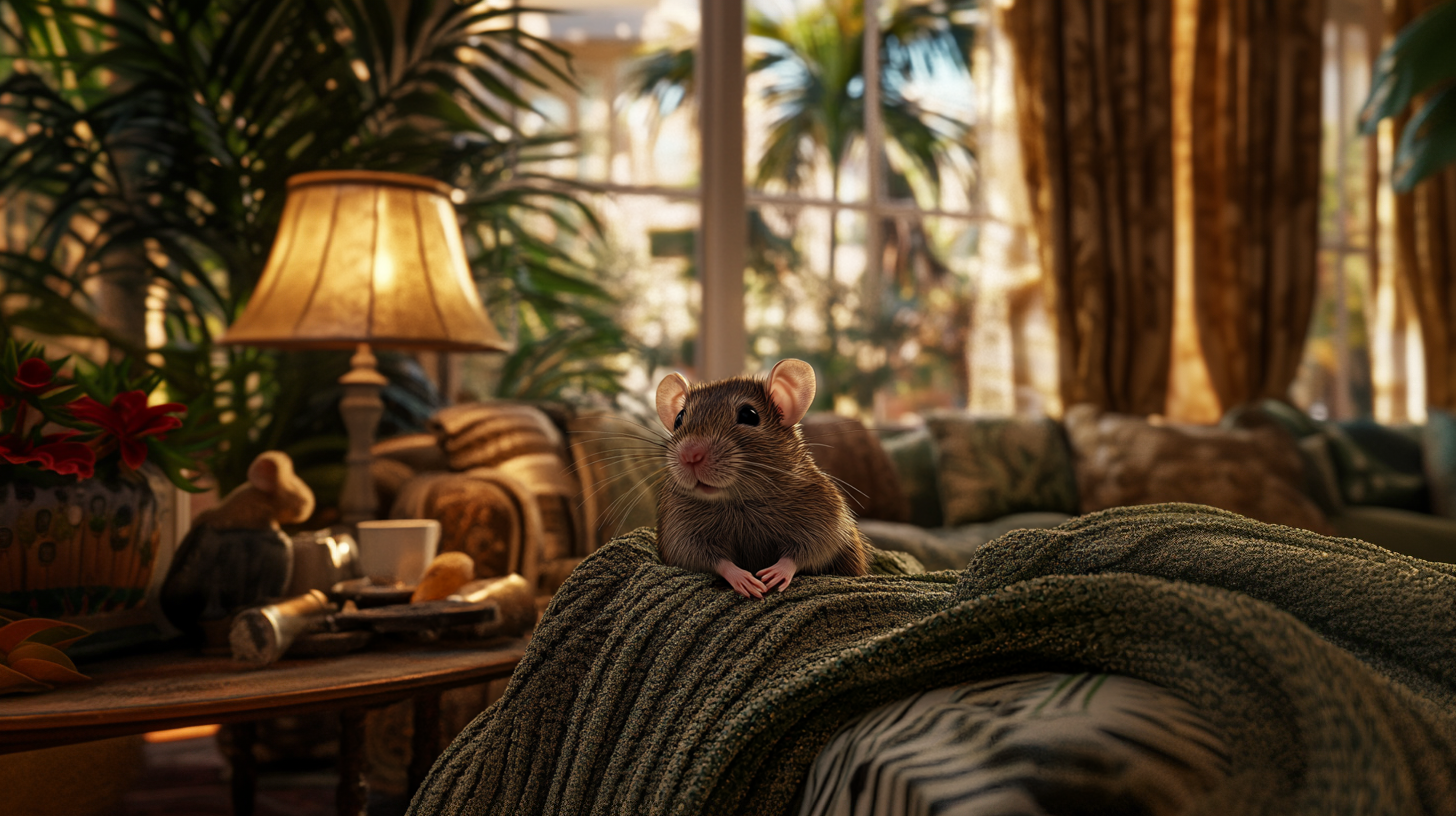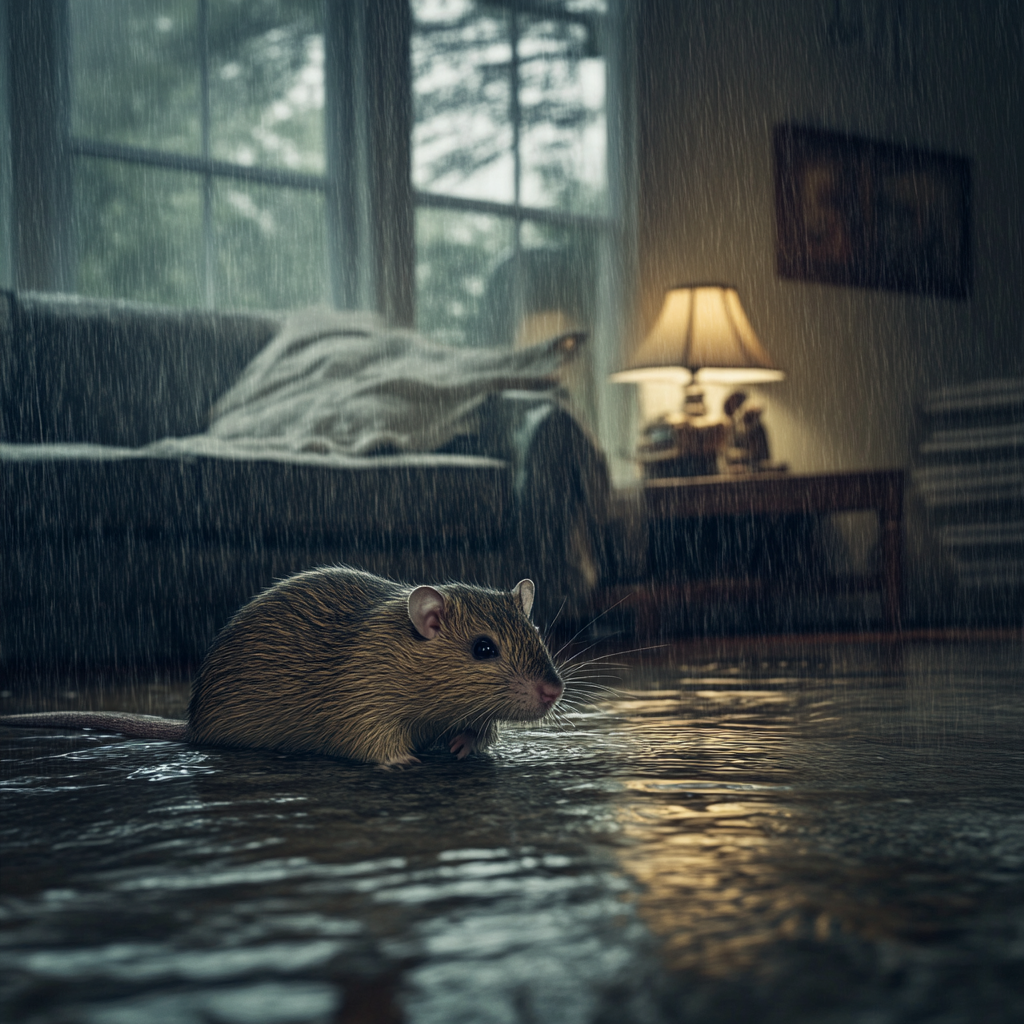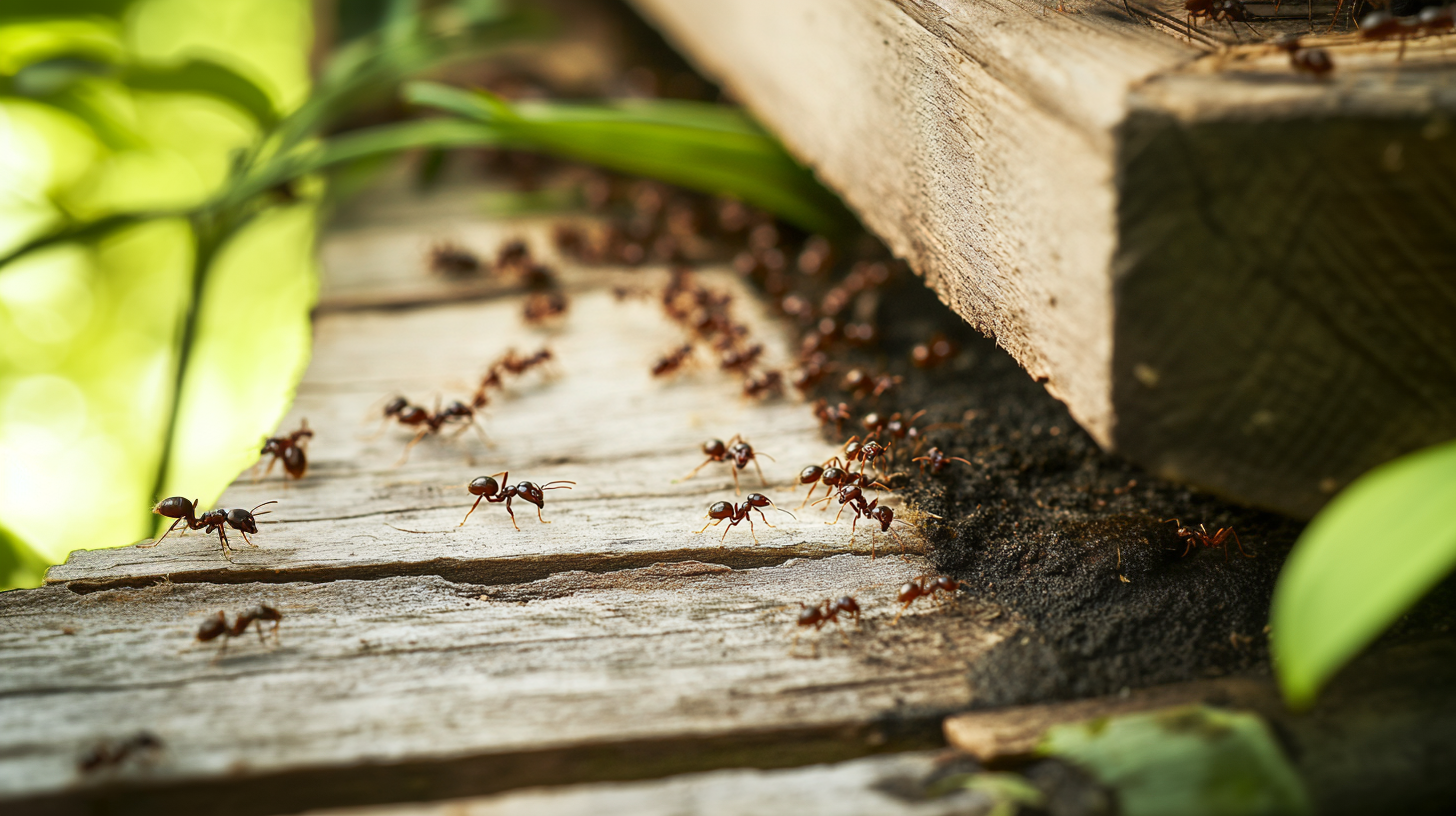How Rainy Weather Attracts Pests: Understanding the Science Behind It
Ever wondered why pests seem to invade your home more frequently when it rains? It's not just coincidence – there's a fascinating and scientifically-backed reason behind this phenomenon. Rainy weather creates the perfect conditions for various pests to thrive and seek shelter inside human habitats. Understanding these dynamics can greatly improve your pest control efforts and keep your home pest-free, even during the wettest seasons.
The Science of How Rain Affects Pest Behavior
Moisture is a critical factor for many pests, influencing their breeding cycles, feeding habits, and overall behavior. When it rains, the increased humidity and standing water create ideal environments for pests. Rain provides food sources and helps pests reproduce more efficiently. For instance, damp conditions can accelerate the growth of mold and fungi, which in turn attracts pests looking for a meal. Additionally, the need for shelter during heavy rainfall drives many pests indoors, where they can find warmth and protection.
Specific Pests Attracted to Rainy Conditions
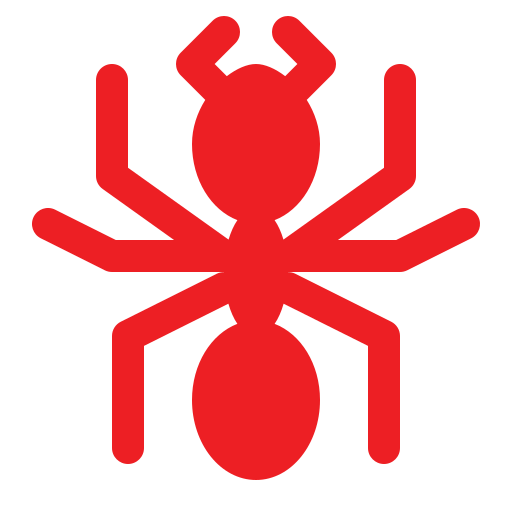
Ants
Rain often forces ants to abandon their flooded nests and seek drier, safer environments. This typically leads them to invade homes, where they can build new colonies. The wet weather can also increase the number of visible ant trails as they search for food and shelter. Once inside, ants can become quite a nuisance, contaminating food and creating unsightly trails.

Rodents
Heavy rainfall can drive rodents like rats and mice indoors as they seek dry, warm places to nest. Your home offers an attractive sanctuary, complete with ample hiding spots and food sources. Rodent infestations can pose serious health risks, as these pests are known carriers of diseases. Additionally, their gnawing habits can cause significant property damage, particularly to electrical wiring and insulation.
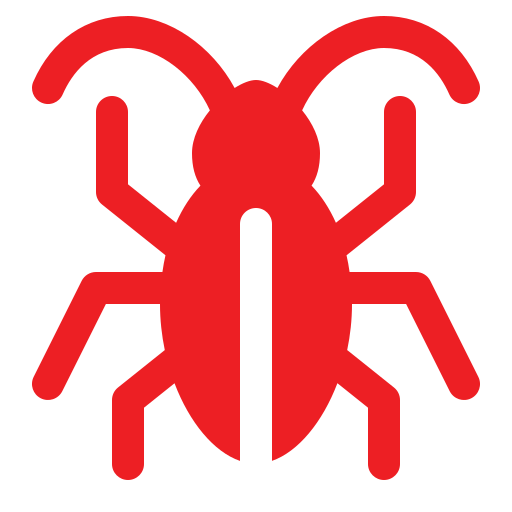
Cockroaches
Cockroaches thrive in humid and moist environments, making rainy weather particularly conducive to their activity. The increased humidity encourages cockroach movement and shelter-seeking behavior, driving them into homes. Once inside, cockroaches can be difficult to eradicate and are known for spreading bacteria and allergens, posing health risks to inhabitants.
Prevention Tips for Rainy Weather Pest Control
General Tips
- Keep Gutters Clean: Regularly clear debris from gutters to prevent water accumulation and reduce the risk of pests using them as breeding sites.
- Ensure Proper Drainage: Make sure your home’s drainage systems are functioning efficiently to avoid standing water around your property.
Specific Measures
- Seal Entry Points: Inspect your home for cracks, gaps, and holes, and seal them to prevent ants and rodents from gaining entry.
- Remove Standing Water: Eliminate any sources of standing water to deter pests like cockroaches from breeding.
- Natural Repellents: Use natural repellents such as essential oils, vinegar, and diatomaceous earth to keep pests at bay.
Professional Intervention
While these measures can help keep pests at bay, fully eliminating them often requires professional intervention. A professional pest control company has the expertise and tools necessary to address infestations effectively and ensure long-term protection. For comprehensive pest control solutions, consider calling Professional Pestguard. Their experienced team can provide targeted treatments, expert advice, and ongoing support to keep your home pest-free during rainy weather and beyond.
Frequently Asked Questions (FAQs)
Why do I see more pests in my home during the rainy season?
- Answer: Rain drives many pests indoors as they seek shelter and food. The increased humidity and standing water create ideal conditions for pests to thrive.
What are the best natural remedies for pest control during rainy weather?
- Answer: Effective natural methods include using essential oils like peppermint and eucalyptus, vinegar solutions, and diatomaceous earth to repel pests.
How often should I check my home for pest infestations during the rainy season?
- Answer: Regular inspections are recommended, especially after heavy rainfall. Look for signs such as droppings, nests, and visible trails.
Can rainy weather affect the effectiveness of pest control treatments?
- Answer: Yes, rain can wash away certain treatments and reduce their effectiveness. It's important to apply treatments strategically and consider weather-resistant options.
When should I call a professional pest control service?
- Answer: If you notice persistent infestations or significant damage, it’s best to call a professional. They can provide targeted treatments and expert advice to manage the situation effectively.
Conclusion
Rainy weather may bring rejuvenation to our gardens, but it also invites an influx of pests into our homes. By understanding the science behind this phenomenon and implementing effective prevention strategies, you can keep your home protected and pest-free. Stay vigilant, take proactive measures, and don’t hesitate to seek professional help when necessary.
Are Pests Making Their Way Inside Your Property During Rainy Weather?
Don't let pests find refuge in your home this rainy season. Professional Pestguard offers top-tier pest control services in Weston, FL, and the surrounding areas. Our experienced team is equipped to handle any pest problem, providing thorough treatments and expert advice to keep your home pest-free.
For more information about professional ant control services, call us today at (954) 389-6107 or request a free quote. Trust the professionals at Professional Pestguard to safeguard your home and give you peace of mind.



